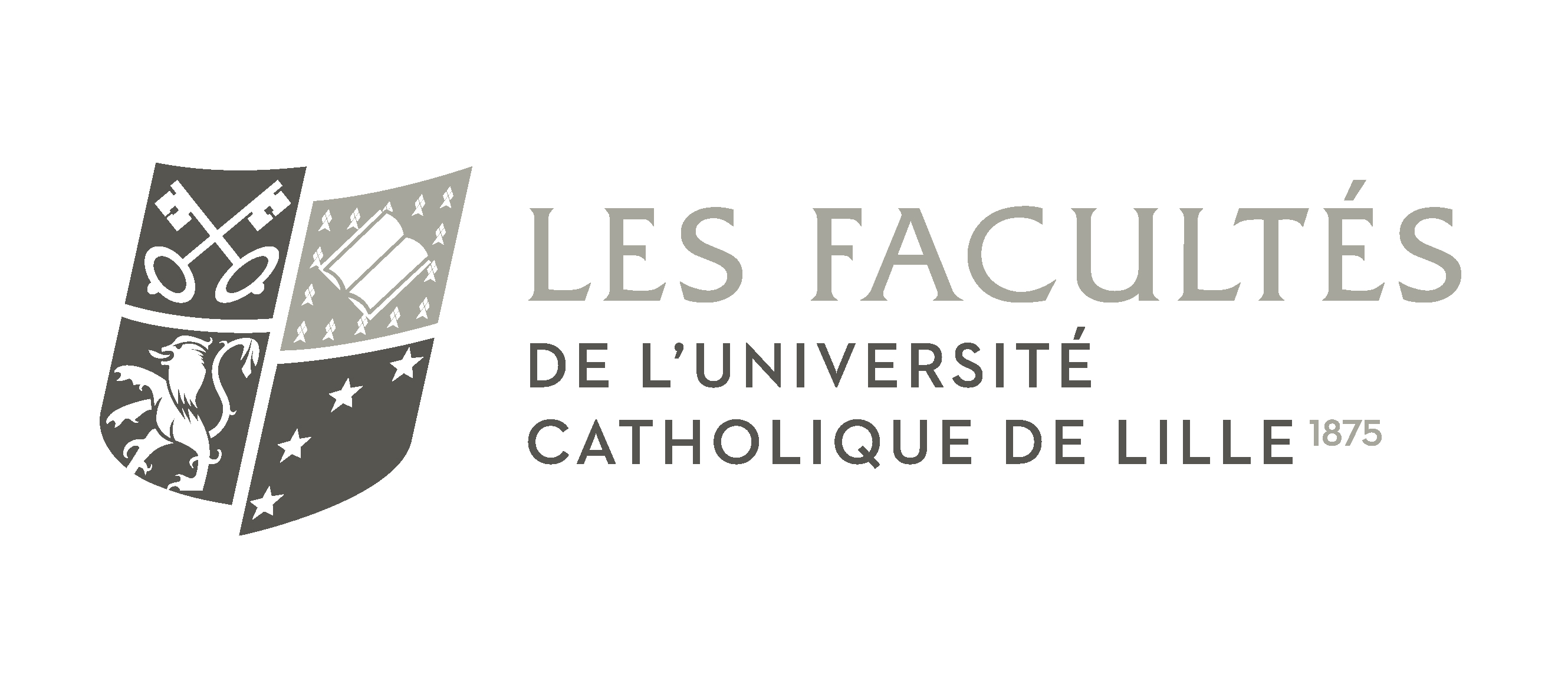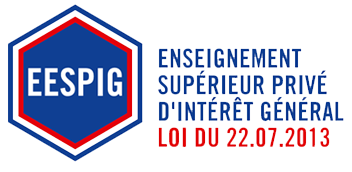THE CENTRE FOR RESEARCH
The position taken by the Faculties is that scientific innovation often appears out of unlikely encounters; it generates the agility and creativity that is essential to understand the dazzling transformations that our world is going through. It is with this in mind that the “Maison des chercheurs” (centre for research) was created. In a single location of around 200m2, extremely well equipped in terms of technology, it encourages interactions at the interface between disciplines. Thus, it combines research aiming at excellence and service to the social, economic and cultural environment.
AT THE HEART OF THE UNIVERSITÉ CATHOLIQUE DE LILLE
The idea to bring together multidisciplinary research activities in a single, perfectly adaptable location was inspired by other innovative ecosystems in the Université Catholique de Lille:
- ADICODE Spaces in the HEI ISA ISEN group
- The Institut Catholique de Lille Créativ' Labs: les Ateliers d'Humanicité, Media Lab, Learning Lab, Meeting Lab
THE THREE DIMENSIONS OF THE CENTRE FOR RESEARCH
Three types of activities take place in the centre for research: “traditional” academic activities; the promotion of “improbable” encounters; experimentation in the field of Human and Social Sciences.
1. So-called traditional activities include the organisation of PhD or research supervisor defences, and of seminars, symposia, conferences etc. These activities define the centre for research as a shared workspace for researchers in their own discipline. The versatility of the location means it can be used in unusual ways. For example it can be set up as a defence room or as an hall for displaying scientific or cultural heritage.
2. As in a co-design centre, so-called “improbable” encounters involve interactions between researchers and doctoral students in different disciplines. The centre for research aims to promote “cross-fertilisation”; the co-elaborative space is completely versatile and superbly equipped in terms of technology (projection, display whiteboards on every wall, mobile whiteboards, interactive whiteboards, HD Wi-Fi, video conferences, etc.).
3. The anthropolab
The Experimental Anthropology Laboratory, also known as the Anthropo-lab, was created in September 2015 to study the major contemporary ethical challenges linked to current anthropological and socioeconomic transformations. The laboratory faced two challenges:
- Because the increasing complexity of current transformations makes monodisciplinary methods obsolete, the laboratory wagered on a cross-disciplinary approach;
- Because forecasting has become almost impossible, the laboratory wagered on the promotion of experimental methods
The experiments conducted by the Anthropo-Lab involve setting up a situation and observing the consequences. These experiments can be conducted in the laboratory (Anthropo-XLab) or in the field (Anthropo-Field). Located on the top floor of the Robert Schuman building, Anthropo-XLab is a suite that can host 30 participants in quasi-real, controlled, simplified experimental situations. Meanwhile, Anthropo-field, involves setting up field experiments, conducted for and in cooperation with public and private organisations looking for practical, operational solutions to their problems. Resolutely focusing on civil society and business, the Laboratory of Experimental Anthropology is a player in Generation Next Field Experiments (Levitt et List, 2009).
Contact
The Faculties of the Université Catholique de Lille
Maison des chercheurs
14 bd Vauban
59000 Lille
 Search
Search

